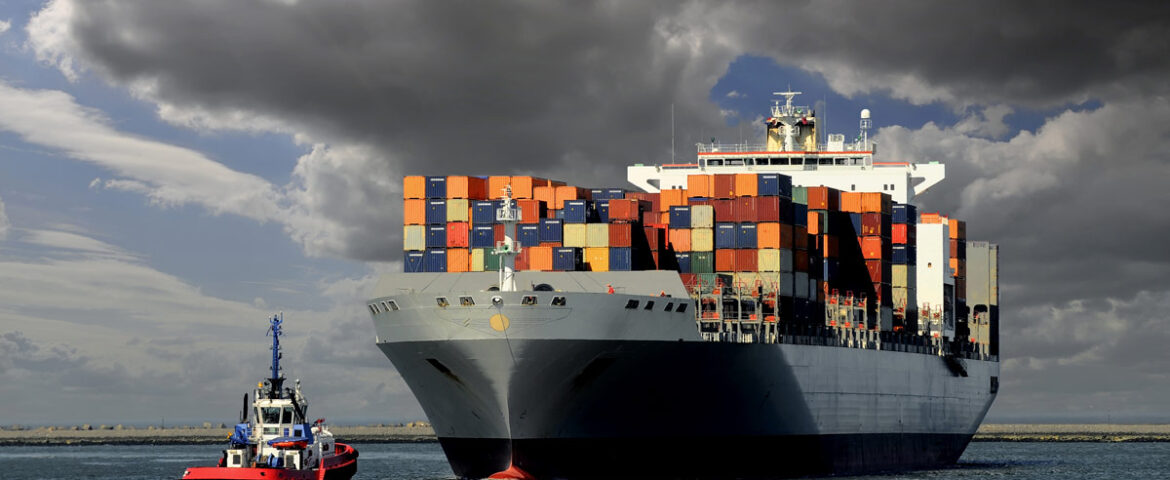How individual factors contribute to the carbon footprint associated with international maritime container supply chains? This is the key question of the latest port study co-authored by PortEconomics members Pierre Cariou, Francesco Parola and Theo Notteboom.
The authors advance their research providing four key contributions:
- Identify six key contributing factors to container shipping emissions
- Develop a model to isolate the contribution of individual factors.
- Apply the model to long-term emissions associated to 187 container services deployed in 2007 and 170 services in 2016.
- Discuss how their results can be used by shippers/logistics service providers to design low-carbon global supply chains.
You can freely download the presentation of the study via PortEconomics.
The study won the Maritime Economics and Logistics Best Conference Paper prize-at the International Association of Maritime Economists 2018 Conference (IAME2018), held 11-14 September, Mombasa, Kenya












